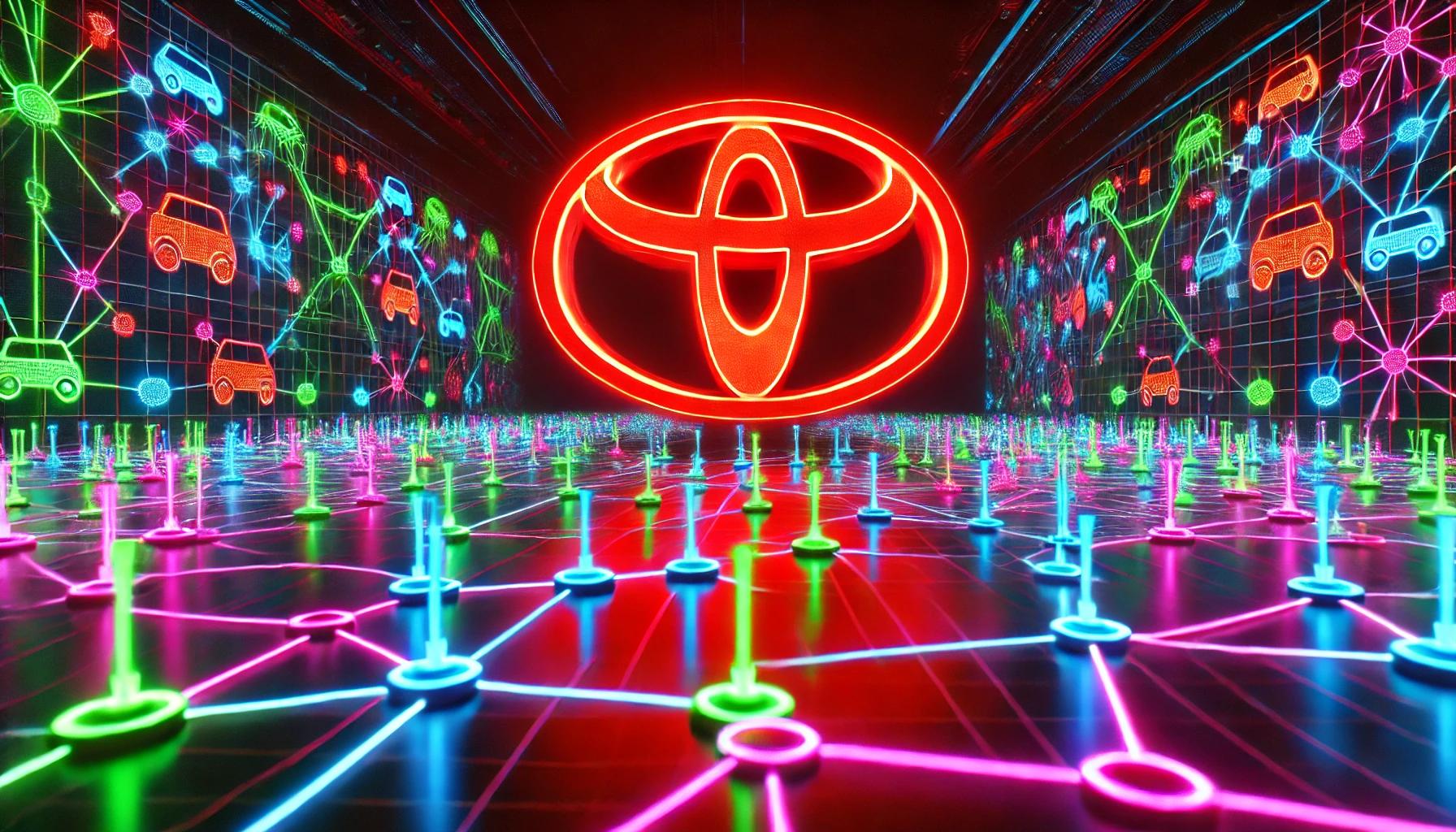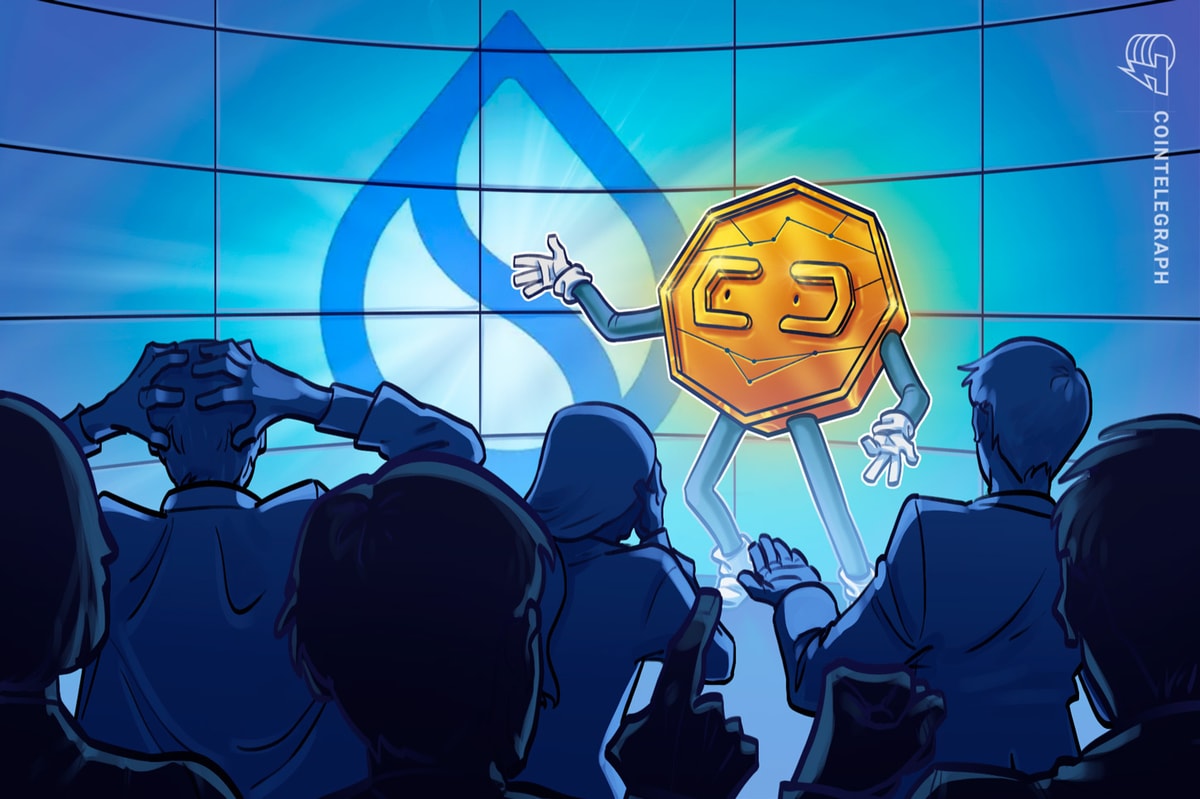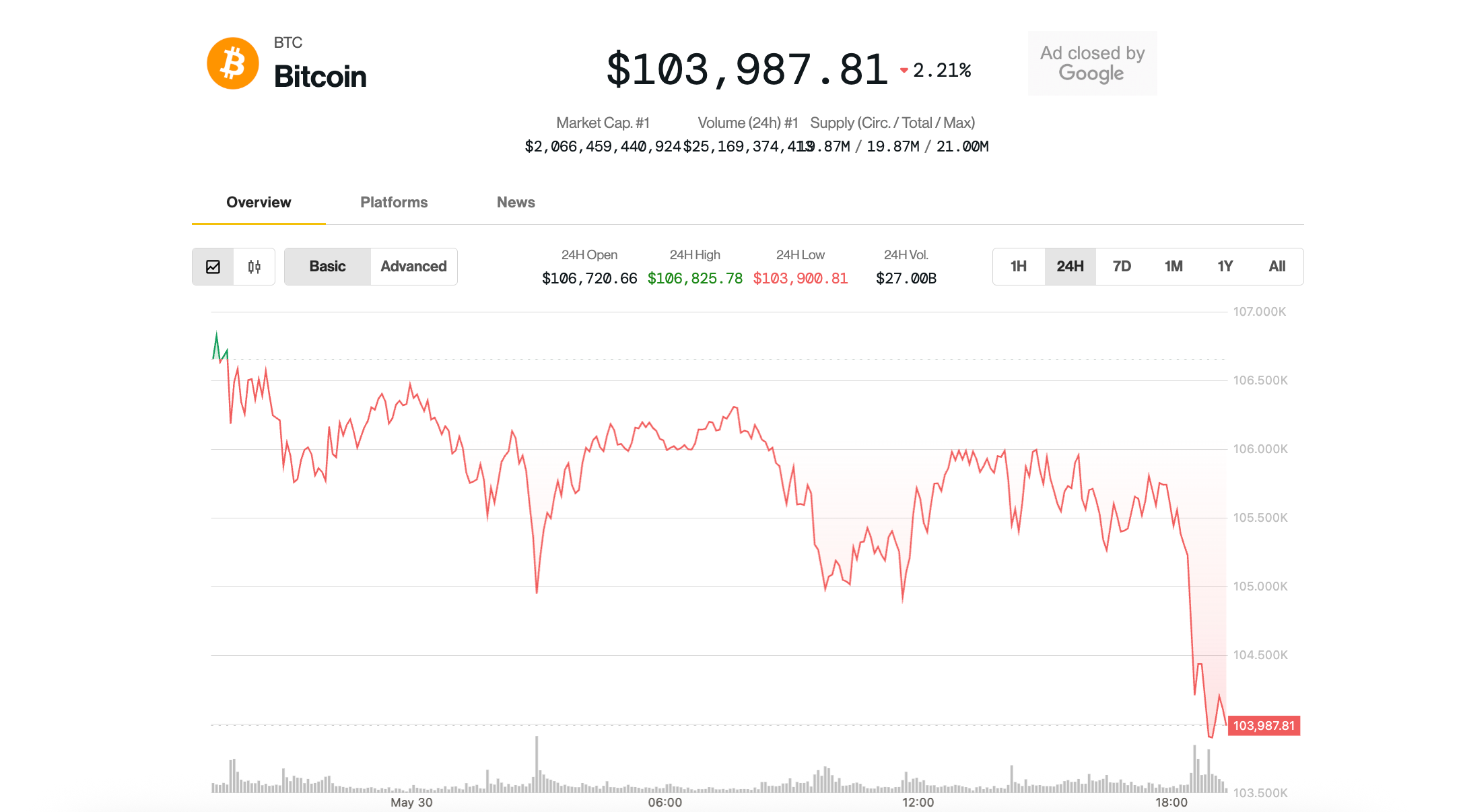
The Toyota Blockchain Lab proposed building on ERC-4337 to unlock on-chain automotive use cases.
Toyota, the automotive behemoth, is exploring how account abstraction could be integrated into motor vehicles, enabling hardware operations to be executed on-chain.
On July 16, the Toyota Blockchain Lab published a paper introducing the idea of Mobility-Oriented Accounts (MOAs) — public blockchain accounts for vehicles.
“Imagine a world where a car is almost equivalent to an account,” Toyota said. “Each car, including the one running in front of you, has its own account, connecting it to users and the world.”
Toyota proposes using the ERC-4337 Account Abstraction standard as a foundation for exploring MOA. The company said that MOAs could bolster programmability, provide an interface for connecting to various services, and unlock tokenization utilities.
MOAs would also comply with the ERC-721 standard for non-fungible tokens to facilitate tokenization use cases.
Tokenizing hardware operations
Toyota stressed that MOAs would enable on-chain execution of vehicular hardware operations.
Use cases could include using MOAs to digitally unlock a vehicle and start its engine for security and licensing purposes, with operations performed by tokenholders via a smartphone application.
“Users use smartphone apps, etc., to present their addresses and rights represented by NFTs to… perform hardware operations on the car,” Toyota said. “These NFTs are recorded on the blockchain, and hardware operations of the car are realized through interactions between the user, car, and blockchain… Permissions can be controlled simply by transferring NFTs.”
“This allows handling ‘usage rights’ digitally without being conscious of the hardware, making it easier for developers to realize services such as car sharing.”
Toyota highlighted that account abstraction enables multisig transaction execution — meaning various stakeholders, including car users, owners, manufacturers, and administrative agencies, can participate in approving transitions.
The company also noted potential applications for MOAs within the context of autonomous driving in the future. “Autonomous mobility… can function as a completely independent service entity, with all rights being handled in the on-chain world,” Toyota said.
Toyota emphasized several benefits of leveraging account abstraction to underpin MOA, including an MOA’s private to be retrieved in the event of an in-car device failing. Toyota added that existing Vehicle ID systems could be easily bridged on-chain by leveraging ERC-4337.
‘Mobility 3.0’
Toyota’s MOA initiative builds on the Mobility Concept it revealed last April, which announced Toyota’s intention to integrate social systems into its vehicles.
“Most mobility exists in public spaces and facilitates movement through interactions with other vehicles, people, and external factors such as traffic lights and energy facilities,” Toyota said. “Public blockchains designed to share states with a large number of people could be a powerful option to realize the Toyota Mobility Concept.”
Toyota established its Blockchain Lab in 2019 to explore blockchain-based traceability initiatives. In recent years, the entity expanded its focus to explore use cases on public chains, including “web3 and innovative finance.”
Read More: thedefiant.io








 Bitcoin
Bitcoin  Ethereum
Ethereum  Tether
Tether  XRP
XRP  Solana
Solana  USDC
USDC  Dogecoin
Dogecoin  Cardano
Cardano  TRON
TRON  Lido Staked Ether
Lido Staked Ether  Wrapped Bitcoin
Wrapped Bitcoin  Hyperliquid
Hyperliquid  Sui
Sui  Wrapped stETH
Wrapped stETH  Chainlink
Chainlink  Avalanche
Avalanche  Stellar
Stellar  Toncoin
Toncoin  LEO Token
LEO Token  Bitcoin Cash
Bitcoin Cash  Shiba Inu
Shiba Inu  Hedera
Hedera  USDS
USDS  WETH
WETH  Litecoin
Litecoin  Wrapped eETH
Wrapped eETH  Polkadot
Polkadot  Monero
Monero  Binance Bridged USDT (BNB Smart Chain)
Binance Bridged USDT (BNB Smart Chain)  Bitget Token
Bitget Token  Pepe
Pepe  Ethena USDe
Ethena USDe  Pi Network
Pi Network  WhiteBIT Coin
WhiteBIT Coin  Coinbase Wrapped BTC
Coinbase Wrapped BTC  Dai
Dai  Uniswap
Uniswap  Aave
Aave  Bittensor
Bittensor  Aptos
Aptos  NEAR Protocol
NEAR Protocol  Cronos
Cronos  OKB
OKB  Jito Staked SOL
Jito Staked SOL  Ethena Staked USDe
Ethena Staked USDe  BlackRock USD Institutional Digital Liquidity Fund
BlackRock USD Institutional Digital Liquidity Fund  Tokenize Xchange
Tokenize Xchange  Ondo
Ondo  Internet Computer
Internet Computer